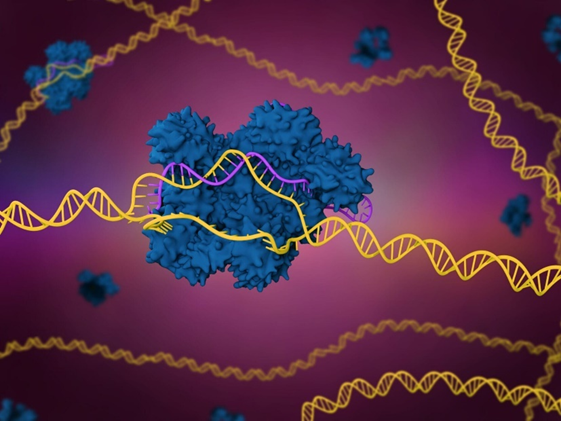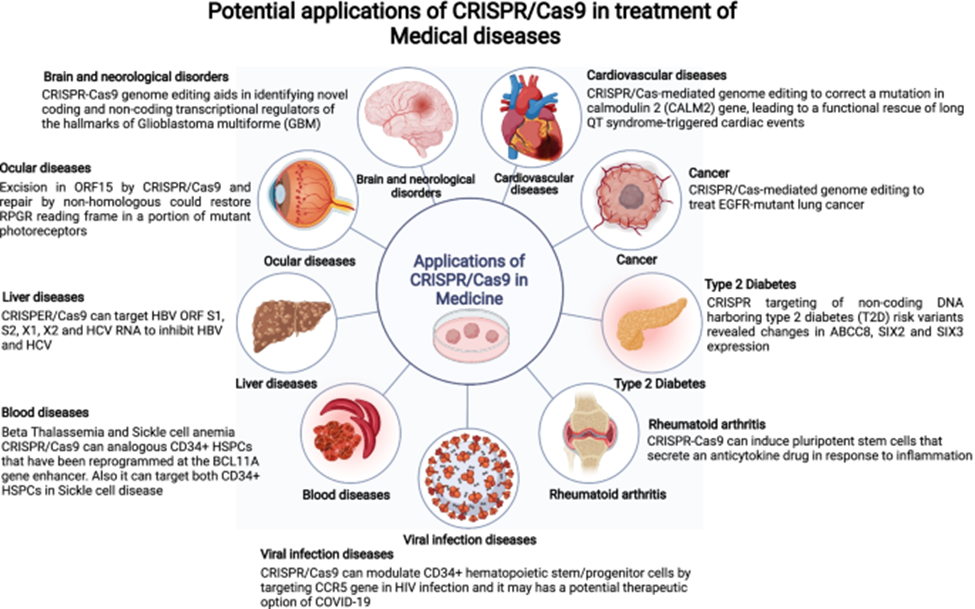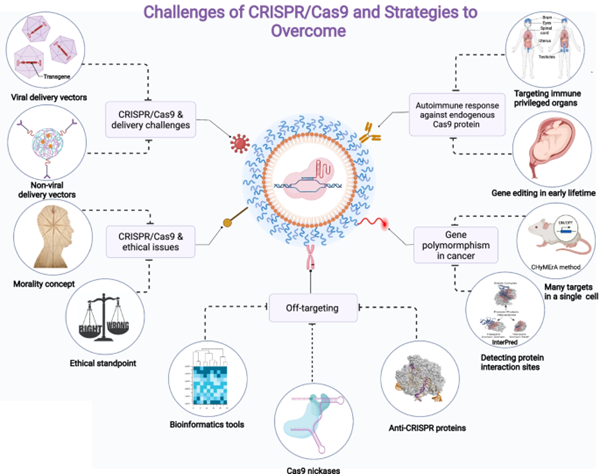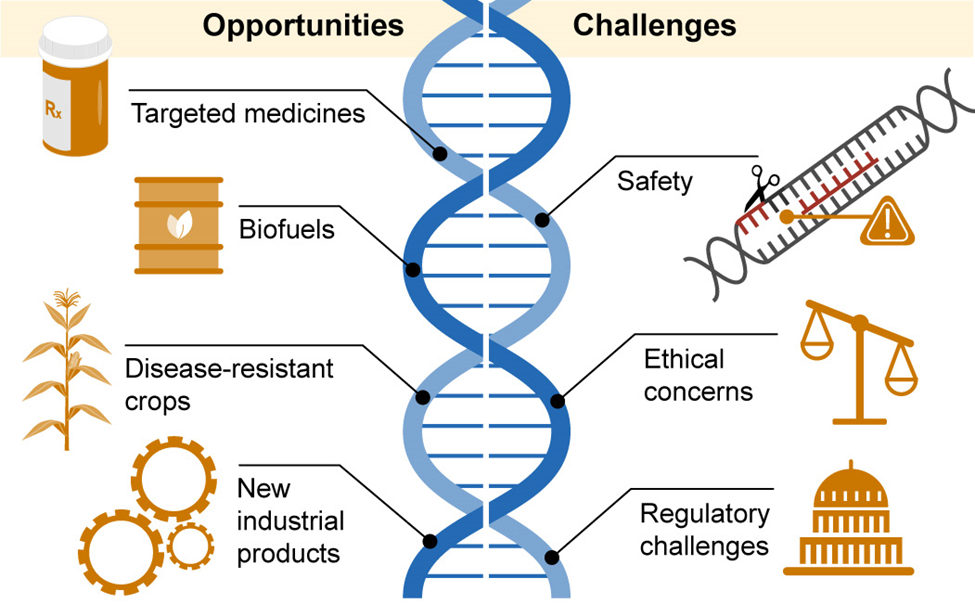Navigating the Ethical Landscape of Gene Editing Initiatives: A CRISPR/Cas9 Perspective
Aadil Beyle • 2024-05-16
𝙄𝙣𝙨𝙞𝙩𝙪𝙩𝙚 - 𝙃𝙖𝙗𝙚𝙧𝙙𝙖𝙨𝙝𝙚𝙧𝙨’ 𝘽𝙤𝙮𝙨’ 𝙎𝙘𝙝𝙤𝙤𝙡 The worries of CRISPR-Cas9 are multifaceted and complex. In considering the aspects of gene editing, it is important to consider the potential risks and unknown consequences of its use.
The application of CRISPR-Cas9 in biotechnology is perceived to be a new technology that has revolutionized the concept of gene editing. The procedure has revolutionized how we can now alter the structure of living beings with great accuracy and efficiency. The prodigious pledge of these discoveries to the fight against diseases, improvement in agricultural production, and the saving of the environment bring great ethical concerns that need some very thoughtful consideration. The worries of CRISPR-Cas9 are multifaceted and complex. In considering the aspects of gene editing, it is important to consider the potential risks and unknown consequences of its use. Though bringing a promise of improvement in health and agriculture, there is a fear of misuse of technology, societal impacts, and involuntary genetic modifications due to the molecular-level alteration of genetic material. These complexities can only be reviewed and used if caution is employed in employing this new technology. Another grave ethical issue involved in the gene-editing process is that of safety. While the CRISPR-Cas9 technology is highly precise, the possibility of involuntary mutations or off-target effects leading to prospective harm to the person and even ecosystems remains.
In human gene editing, the principle of informed consent is vital. People undergoing gene editing for therapeutic drives must be well aware of the risks and outcomes of genetic modification. There is also a fright that access to these tools would only be accessible to the affluent, which would further intensify the situation. Despite the illustrious advances made in gene editing, especially associated with CRISPR/Cas9, they come with risks and unintentional consequences that must be judged. The emerging innovations of CRISPR/Cas9 in gene editing carry significant hope, yet superior side effects concerns are insignificant. A contemporary study by Piergentili et al. demonstrated that the use of CRISPR/Cas9 is likely to result in major gene conversion events and variant gene sequences as off-target effects. Such unintentional effects are likely to result in the alteration of other genes, not intended, which are likely to form mutations or disorderly effects on regular biological functions.
This has raised apprehensions about the implementation of such CRISPR/Cas9 procedures across a wide range. Studying such gene-editing tools, including CRISPR/Cas9, it is significant to remark and moderate these risks so that ethical use ensures systematic improvements on one side and societal well-being on the other.
In non-human use, ethical worries persist over eco-friendly impacts in the case of releasing genetically altered organisms in the wild. The risk of involuntary ecological consequences highlights the need for a strong regulatory framework to oversee the maturity and concentration of gene editing technologies in an accountable, ethical manner. Diverse cultures and religions would be included in the gene editing proposals. The morality of adapting genetic makeup is viewed contrarily by different cultures and belief systems. Dialogue and engagement have to be inclusive among groups.
The risks and hypothetical side effects of the gene editing technology with CRISPR/Cas9 have to be contemplated. Though the innovation is very attractive, it's necessary to implement it ethically. The concerns regarding safety issues, fairness, informed consent, and long-term impacts are there, all to ensure the practices of gene editing meet the required standards and respect human dignity. It is only through dialogue among scientists, policymakers, ethicists, and broad society that striving for a future in which applications of CRISPR/Cas9 are aligned with values and contribute positively to well-being is possible.
To conclude, with the scientific potential to improve the human condition in a great way, gene editing technologies are accompanied by complex ethical challenges that do not go unnoticed. They challenge a multidisciplinary approach involving the collaboration of scientists, policymakers, ethicists, and the larger public to ensure that safety, equity, and respect for human values provide the guidelines for gene editing initiatives.
See More Posts
Copyright © 2021 Govest, Inc. All rights reserved.





